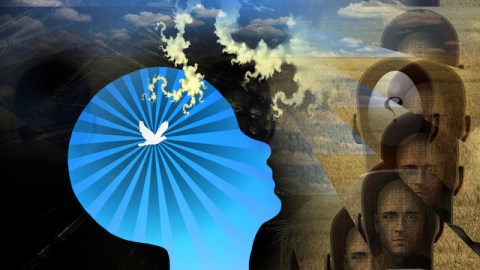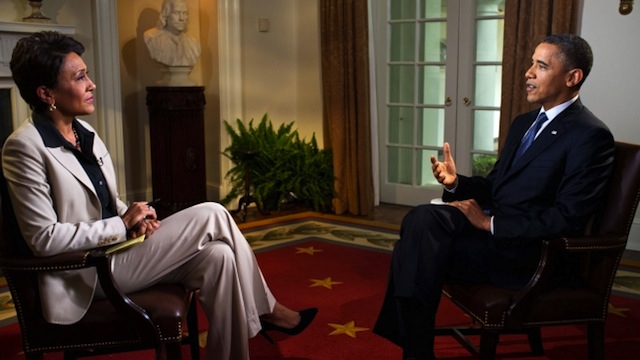Why Mysticism Matters

Have you ever had a mystical experience? Wikipedia defines “mysticism” as “the knowledge of, and especially the personal experience of, states of consciousness, or levels of being, or aspects of reality, beyond normal human perception, including experience of and even communion with a supreme being.”
I had my first mystical experience when I was a 16-year-old secular atheist. I was sitting up late one night having a conversation about nothing in particular with my mother when suddenly, a most unexpected event occurred: the “doors of perception” swung wide open and I found myself in a dramatically altered state of consciousness. Even though I could see the four walls of the room in which I was sitting, inwardly, my conscious experience was one of no boundaries whatsoever. I felt like I was swirling in an infinite ocean of my own and everyone else’s Being, the nature of which seemed to have no beginning and no end. The presence of ecstasy was overwhelming and even unbearable at times. In the profundity of this beginninglessness and endlessness, it became apparent that death was an illusion and that everything that exists and does not exist—the seen and the unseen, the known and the unknown—is all inseparable from this one inconceivable mystery. The majesty and glory of those few moments are impossible to describe in words—it was like the whole universe suddenly became conscious of itself in me.
The transformative power of mystical experiences is that they can convey to us, in a way that our rational faculties can never grasp, that no matter what happens to our bodies and personalities in the world of time and space, mysteriously, at some other level, in another dimension of our own being, beyond the mind, everything is always okay.
The lightness of being that flows from the heart and mind of the mystic is very different than the sometimes disconcerting absolute self-confidence of the religious believer. The believer is convinced beyond any doubt of the incontrovertible nature of the apparently unique truth espoused by his or her particular mythic tradition—whether it be Christian, Jewish, Muslim, Hindu, or Buddhist. Of course, in all of these traditions, there are many extraordinary men and women who are transformed in the most important ways by the liberating power of their faith alone. But the mystic has seen beyond the truth of any particular tradition because she has directly experienced at least what seems like a depth-dimension of reality that transcends all personal, religious, political, and cultural differences—whether she is a Christian, Jew, Muslim, Hindu, or Buddhist. This is because she has access to a truly transcendent knowing of the substratum of reality that remains unseen and unfelt by most. Mystical certainty spontaneously arises from the lightness of being that is the emotional resonance of the deepest dimension of the self.
The path of the mystic is one of transcendence, of going beyond: beyond the mind, beyond time, beyond the whole world. When the mind is transcended, awareness of the passing of time fades away. And when time disappears, awareness of the world also disappears. All the greatest mystics from the world’s religious traditions have made the same unexpected and liberating discovery: when awareness of the world and everything in it, including ones own bodily shape and form, disappears, the most intimately felt sense of “I” still remains. Except now, “I” is all there is—beginningless, endless. When the historical Buddha awakened to this depth dimension, he called it “the Unborn,” “the Deathless,” or “the Uncreated.”
Before time and space, before the universe was born, you didn’t have any problems and the world was not in crisis. That is the reason why lightness of being is the emotional resonance not only of the deepest dimension of the self, but also of the deepest dimension of reality itself. If we can find access to that Unborn, Uncreated, timeless domain of our own being, then we can know here and now, just like the greatest mystics throughout the ages, that everything is always okay . . .
Why is that so important? Because in a world that’s more interconnected than it ever has been, when we’re only hearing the bad news more times a day than we may be able to bear, knowing that, deeply, everything’s always okay is more important than ever. It doesn’t mean we are living in denial of the very real and complex problems we are facing. But the ever-new and always-liberating truth of mystical insight spiritually empowers us so that we won’t become discouraged, even on really bad days. And most importantly, in a truly challenged world that needs our whole-hearted participation more than ever, being awake to our own infinite depths empowers us to fight the good fight with all the courage in the world.
_________________________________________________________________
Join Andrew Cohen for a free series of monthly broadcasts. The next one is on June 2nd, and will feature a dialogue with Ken Wilber. Register here.
Image Credit: Bruce Rolff/Shutterstock.com





